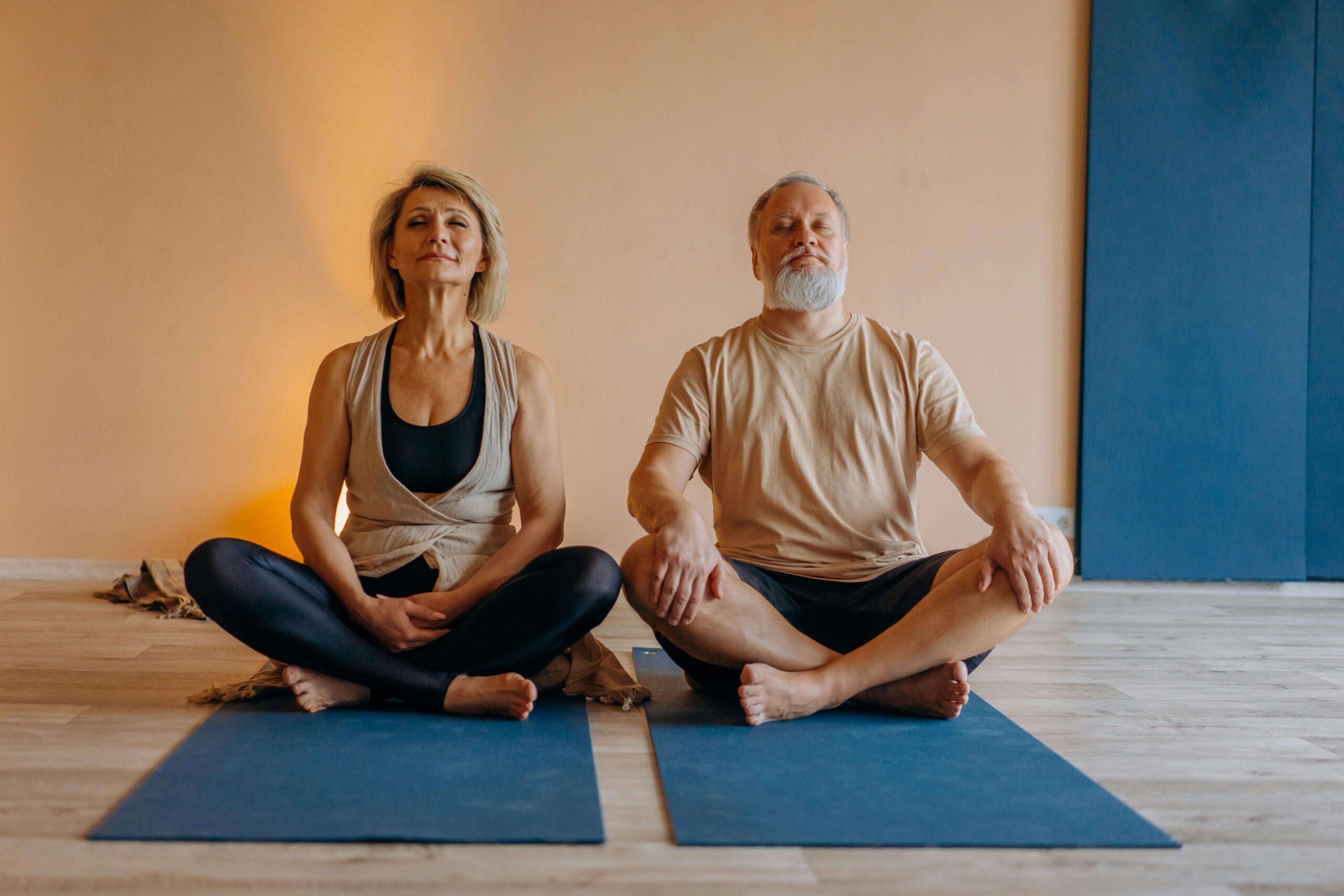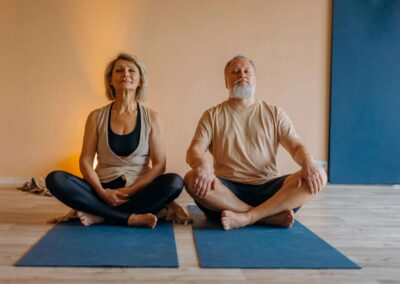Active Living & Social Connections

Active Living & Your Health
Whether you are 65 or 85, staying physically active and socially connected can help prevent isolation, anxiety, confusion, and depression. Just as important, it improves your physical and emotional health, immune system, strength, flexibility and balance. Sometimes changes in your personal and living situations can impact your physical activities and social connections. Here are some suggestions to explore.
Explore ways to stay mentally, physically and socially active.
Cognitive Activities
- Find ways to participate in games, puzzles, crosswords, Sudoku, and memory challenges to improve problem-solving.
- Learn something new like a language, musical instrument, or skill to help maintain brain functioning.
- Engage in regular reading – books that challenge your thinking or introduce new ideas.
- Aim for 7-9 hours of sleep per night. Sleep is crucial for memory, learning, and cognitive functioning.
Physical Activities
- Before starting a new exercise program, consult your physician for guidance.
- See a physiotherapist to create a plan if you have mobility issues or chronic pain.
- Incorporate daily exercise into your routine, such as yoga, exercise classes, Pilates, music-based activities, dance, Tai Chi or Qi Gong, or walking with friends.
- If needed, learn ways to modify exercises (such as chair yoga), even if for a short time.
Social Connections
- Think about the times of day you want to be social and when you want to be on your own.
- Stay connected to people through phone calls, computer calls, and emails.
- Explore transportation options. Consider asking friends to get you to activities and to visit others.
- Explore opportunities for travelling that provide physical activity
and accommodations for your health challenges. - Engage in small interest groups such as crafts, pottery, art, or cards (Bridge, Mahjong).
- Start a coffee/ lunch group that meets regularly – incorporate walking to the visit.
- Explore opportunities for travelling that meet your needs for physical activity, social connections, and safety.
- If hearing, pain, or other changes are an issue for you – let others know so they can support your needs.
Community Groups
- Think about community groups, cultural gatherings, or other groups that foster connections.
- Explore activities and recreation programs for seniors.
- Consider volunteering in your community and with charities of interest.
- If you have more extensive needs, consider day programs at senior centres.
Tip
Reflect on your day to day. Talk to others about ways to maintain or improve your physical and social activity. Read through the suggestions below and check out the suggestions and programs for seniors in the resource kit.
Transportation Options
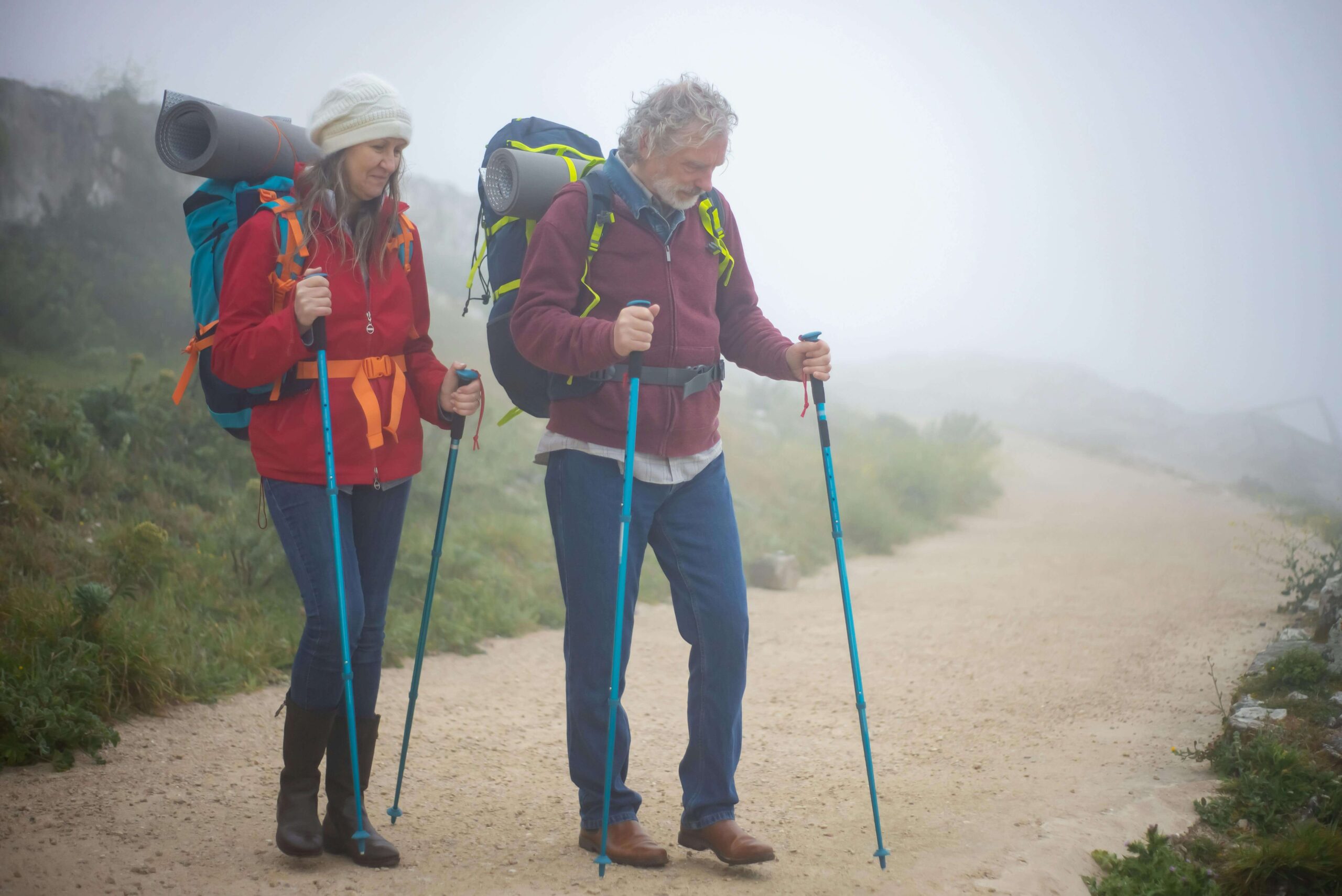
Health conditions, treatments and natural aging may impact your ability to drive. Changes to your mode of transportation may be temporary or permanent. Explore what transportation options are available to you in your community.
Assessing Your Health and Driving Ability
Driving offers freedom and independence and losing that ability can be challenging. However, changes in your health or medications may affect your ability to drive safely. You may want to consider having a driving assessment. Perhaps this has been suggested by your family, physician, or you are considering it yourself. In BC, it is a requirement to have a Drivers Medical Examination’ completed by your physician or nurse practitioner at 80 and 85 years of age and then every two years after that. Learn more about driving assessments and other transportation options in the resource kit.
Exploring Transportation Options & Services in BC
Travel Assistance Program (TAP)
TAP is a refund program for travelling to specialist appointments, tests, or surgeries outside of your community. If you qualify, you need to get a signed letter and form from your physician or specialist. When you need to use your TAP refund, call the TAP 24 hour information line days before your appointment to get a confirmation number that you write on your form.
Learn how to get a special parking permit (SPARC), even if for a short period of time. A physician or nurse practitioner must complete part of the application. Complete your portion of the form and bring it to the appointment. In some cases, if you are unable to physically get to a visit, the process can be completed online and mailed to you.
Community-Based Ride-Sharing
- Many BC communities have different transportation options depending on your age and need.
- Taxi services can provide wheelchair accessible ride-sharing and usually accept taxi vouchers.
- Volunteer drivers such as Volunteer Cancer Drivers and Wheels of Hope offer rides to and from cancer treatments.
- Volunteer transportation programs provide rides for people with disabilities or special health needs. These services often offer door-to-door rides to medical appointments and social outings.
Learn about HandyDART for yourself or someone you are supporting. Door-to-door ride-sharing services are available for people with physical or cognitive disabilities. Be aware that all ride-share services need to be booked ahead of time.
Visit the resource kit for more information on transportation and more.
Tip
Ask friends, neighbours, and family members to help you get to activities or health visits. Often people want to help but they do not know how. Add your ‘drivers’ to your care partners list including the days and times they are available.
Planning for Nutrition & Meal Support
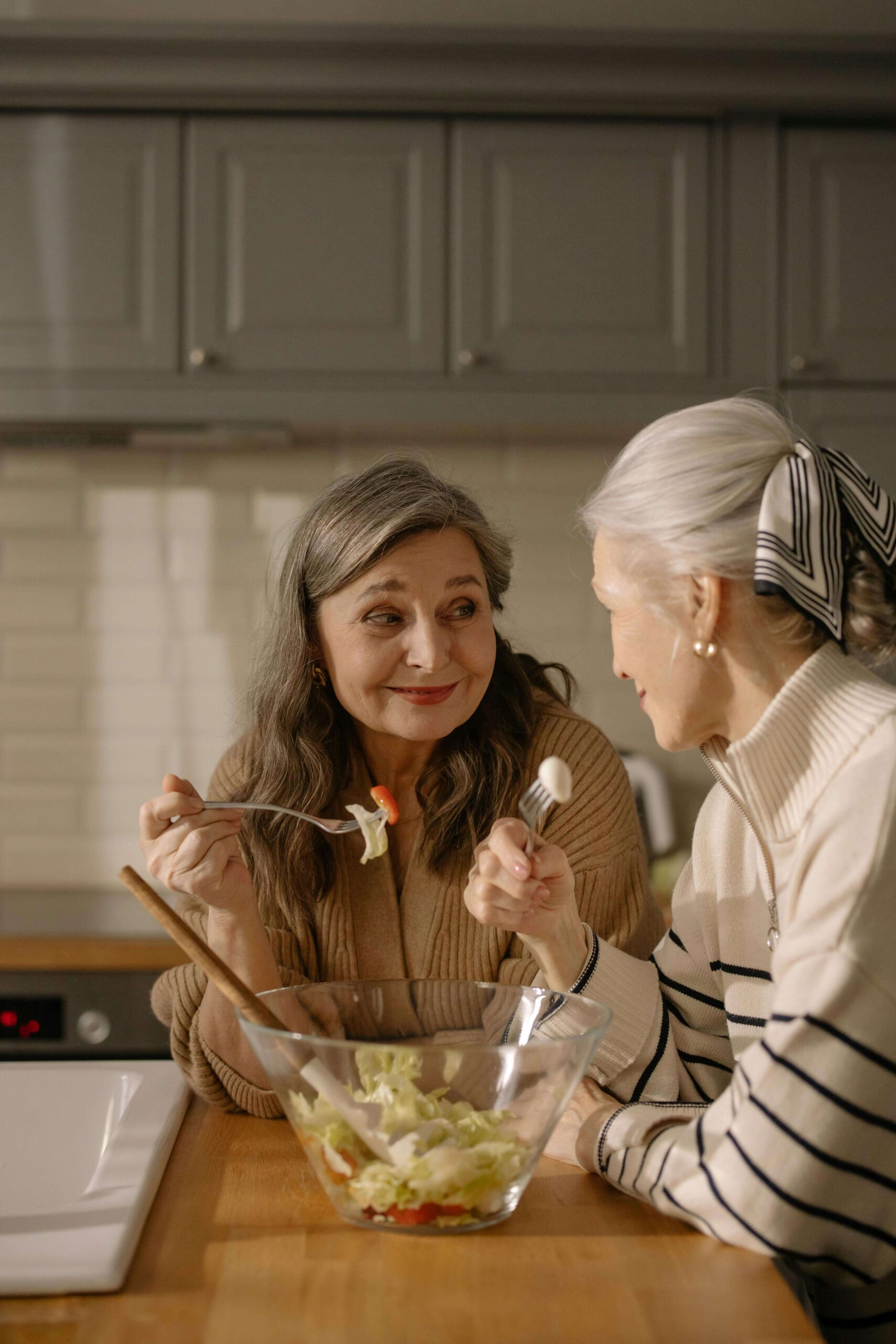
Getting Dietary Support
As we age, food choices, portion sizes, and mealtimes often change. Smaller portions and lighter meals at the end of the day can improve energy levels, digestion, and sleep. Health or physical changes may make meal prep more difficult, and the loss of a partner who handled cooking can affect meal routines. Consider your current nutrition and when you might need meal support.
Favorite meals and snacks
- What are your favorite meals (breakfast, lunch, and dinner), snacks and beverages? At what time of the day?
- Are you currently taking any vitamins, herbs, or supplements? Make sure they are listed on your medication list in your health profile.
- How much fluid do you drink each day? Have you been directed by your physician to limit or measure your fluid intake?
Food allergies and sensitivities
- Are there any foods that you have allergies or sensitivities to?
- Do you need to avoid or limit foods, spices, herbs or supplements because of their interaction with your medications?
- Post a list on your fridge of all the items you should avoid, list them in your health profile, and share it with your care partners.
Grocery Shopping
- Do you have care partners or neighbours who can help with shopping as needed?
- Are there online ordering and grocery delivery services in your area?
Meal Preparation
- Do you need assistance with preparing your meals?
- Do you have safety issues to consider – forgetting the stove on, unsteadiness on your feet, or falls?
- Are there care partners who could provide prepared meals?
- Are you aware of meal support services available in your community?
- Add your favorite recipes and information on meal support services to your Mywell Health binder.
Tip
In BC, you can call or email your dietary and nutrition questions. Call 811 to speak to a dietitian or send an email for specific dietary questions and concerns to HealthlinkBC.
Medications & Other Daily Records

Your physician or health care professionals may suggest you keep track of your medications, weight, exercise, diet/ nutrition, fluid intake, lab results, pain levels, blood sugar levels or A1C, blood pressure or others.
Explore ways to keep track of your health.
- Ask you physician what you should check on daily, weekly, or monthly.
- Use a print, phone, or online calendar to make notes of the items you are monitoring.
- Use the ‘notes’ app on your phone to record any new symptoms or changes you are experiencing in your health.
Using a Medication Record
- Regularly check that your medication list in your health profile is up-to-date.
- Review your medication list and any over the counter drugs, herbs, vitamins, or supplements you regularly take with your physician or nurse practitioner every year.
- Use pill boxes or blister packs from the pharmacy if you have trouble remembering whether you have taken your medications.
- Consider using a medication record to help you mark off the medications you take each day. Include the name of the medication, dosage, time taken, and any special instructions (ie. with or without food). Initial who gave the medication.
- Download the Medication & Daily Records templates or create your own. Keep copies in your Mywell Health binder.
Tip
Some people like to use their Health Profile and Medication List separately. Use what option works best for you, keep them updated and accessible by your phone.
My Daily Activities & Personal Needs
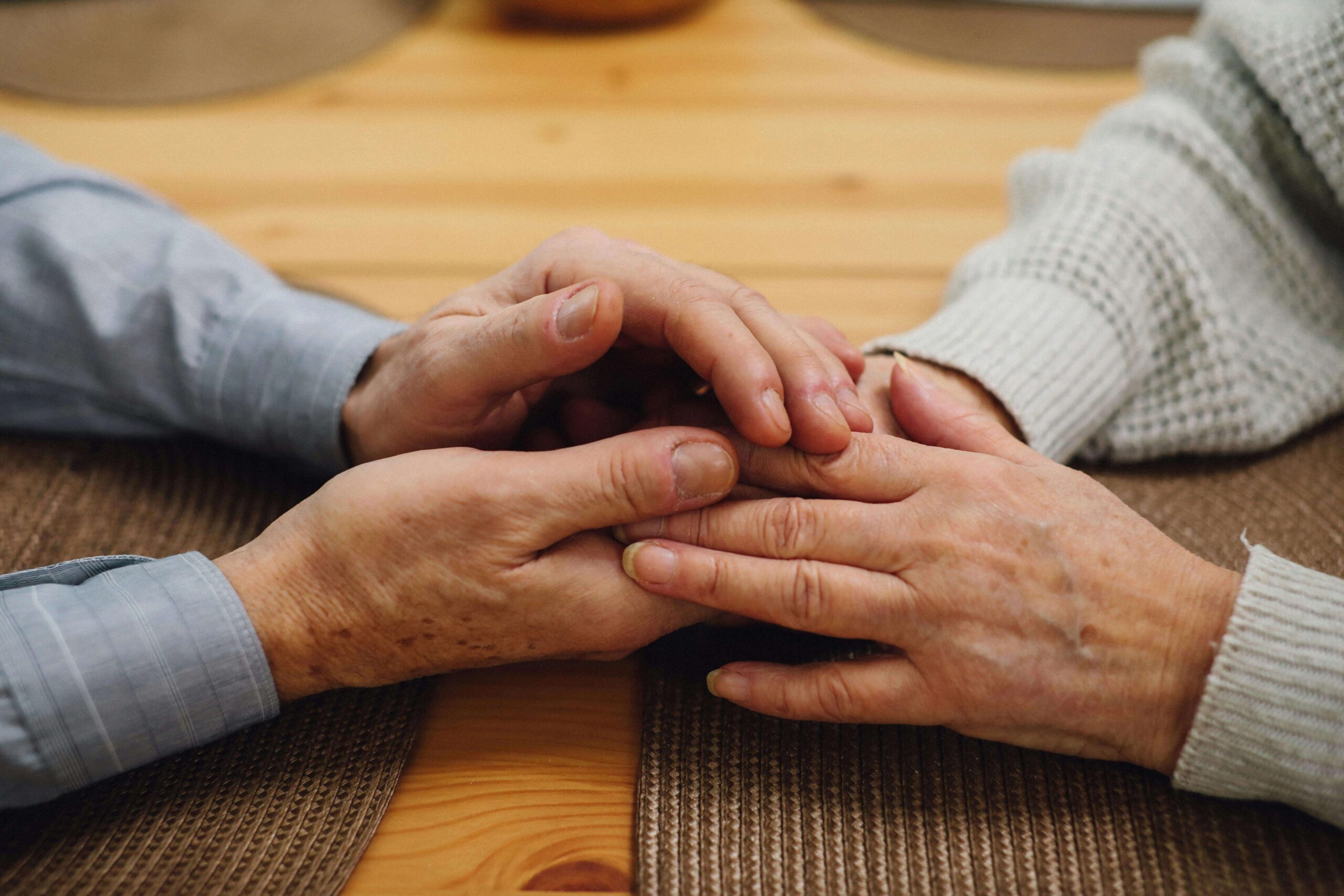
Ideas to support your activities and personal needs.
- Understand that needing care and personal support may be temporary.
- Talk to family and friends about help you might need.
- Choose one person, such as your health advocate, to list the daily activities you need support with, including when you need it, who can provide it. Think about daily activities (ADLs) such as shower, meals support, or taking medications), and the details of how you want them to help.
- Know that having a written personal care plan ensures you do not have to repeat yourself and gives you control over your day.
Tip
A simple list of daily tasks, preferred timing, and how a person likes each task done can provide peace of mind. If caregivers are involved, this list can be expanded into a personal care plan found in the resource kit.
